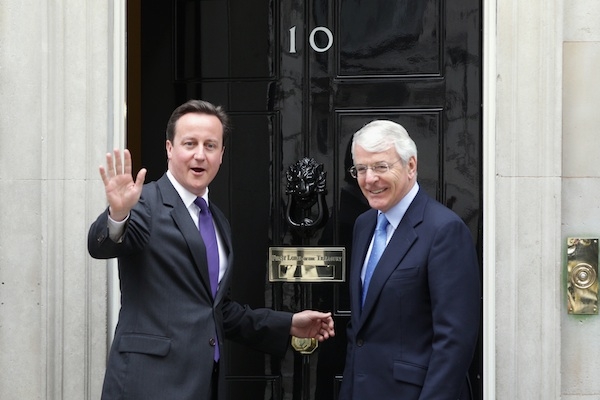‘Nice people, with nice habits/ they keep rabbits/ but got no money at all,’ sang the popular duo Flanagan and Allen in my father’s day. I can still remember Dad playing it on our gramophone in the early 1950s. My family liked these sentiments; secretly we rather hoped they applied to us. But I write now not as a nice person, but on behalf of nice people. I think that song is self-oppressive. The early appearance of rabbits in the lyric gives the game away: fluffy and harmless creatures whom we may love but are unlikely to admire. Rats are more successful.
A recent study in Scientific American, however, has challenged the supposed link between being nice and being a loser. Under the umbrella of what social scientists call ‘agreeableness’ — consideration for others, generosity, and a desire for social harmony — a range of studies all seem to suggest that there is no general correlation between nastiness and success, or niceness and failure. In fact nice people are more likely to be hired, and to keep their jobs.
So how about the job of prime minister? I’ve been surveying the political careers of a few of those at the top whom I’ve followed. Rats or rabbits? Did niceness make or unmake them? The evidence of the last 40 years is thoroughly confusing. But there’s an explanatory variable, silent in the American surveys, which I’ll come to last.
I wouldn’t say the late Sir Edward Heath was a particularly nice person: not notably dishonest but spectacularly rude and inconsiderate. This trait did him nothing but harm as a prime minister; but the brutal side of his personality may have helped him up the ladder as a chief whip, placing him in the frame when a new leader was being sought.









Comments
Join the debate for just £1 a month
Be part of the conversation with other Spectator readers by getting your first three months for £3.
UNLOCK ACCESS Just £1 a monthAlready a subscriber? Log in